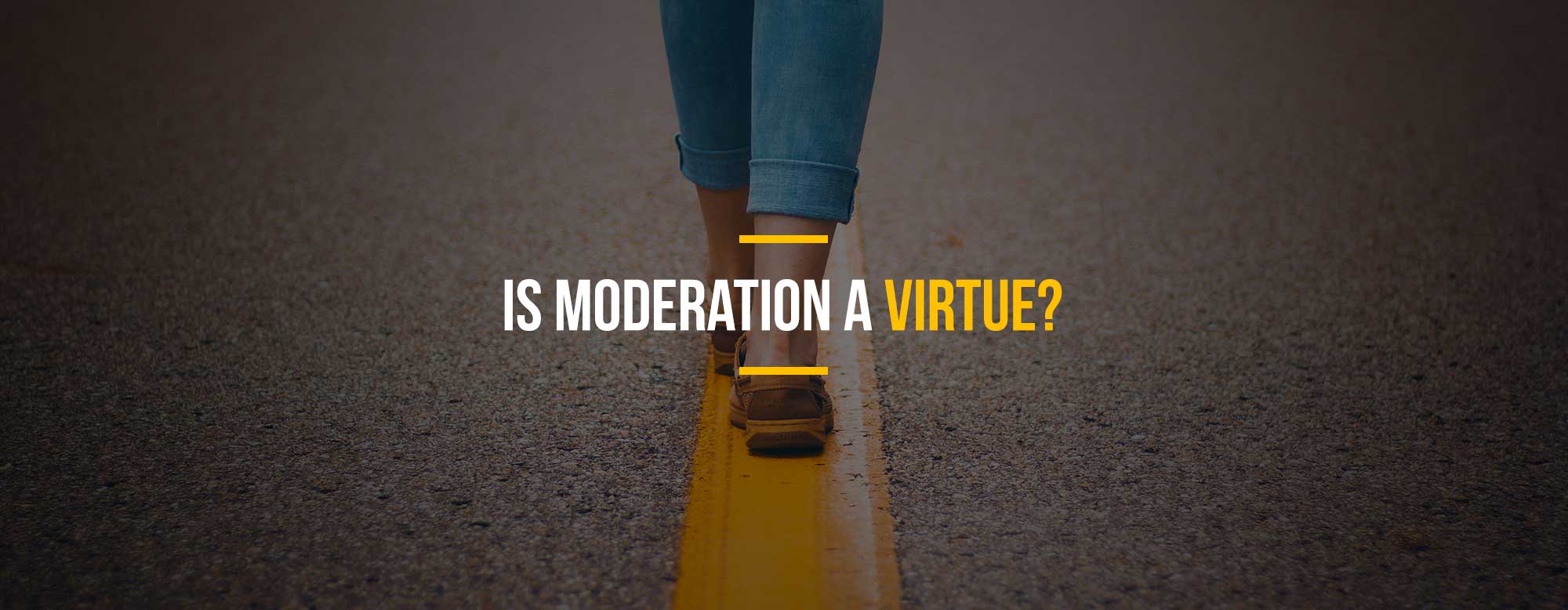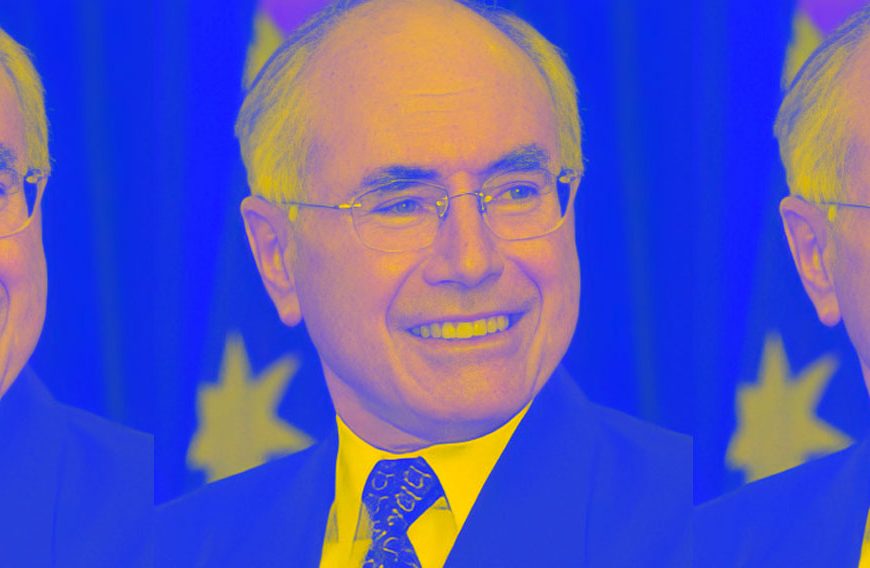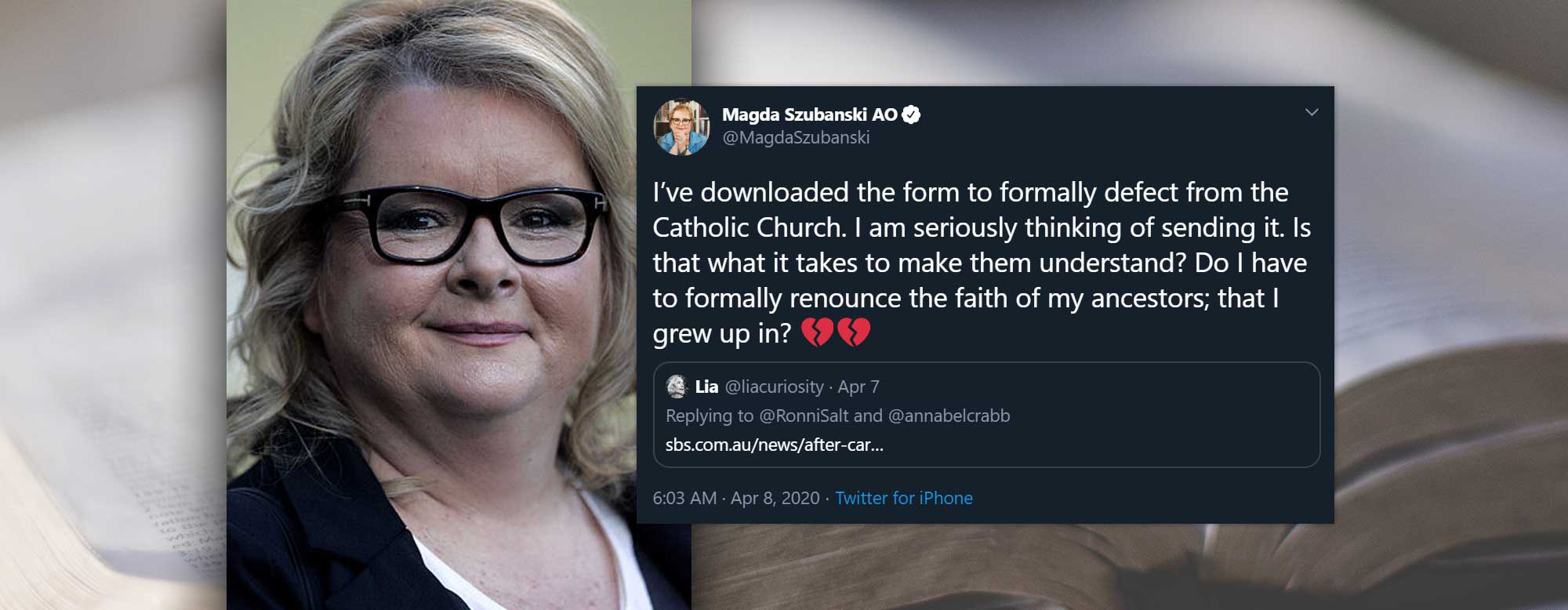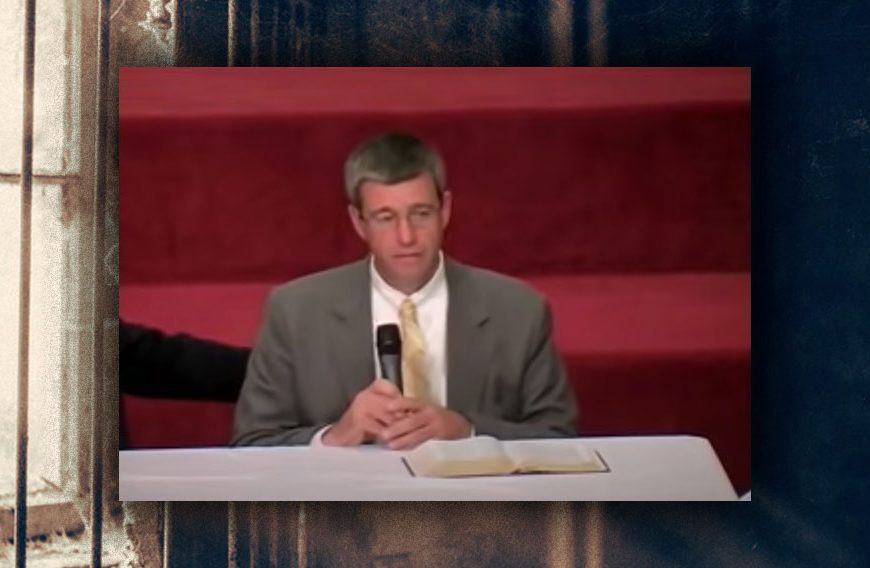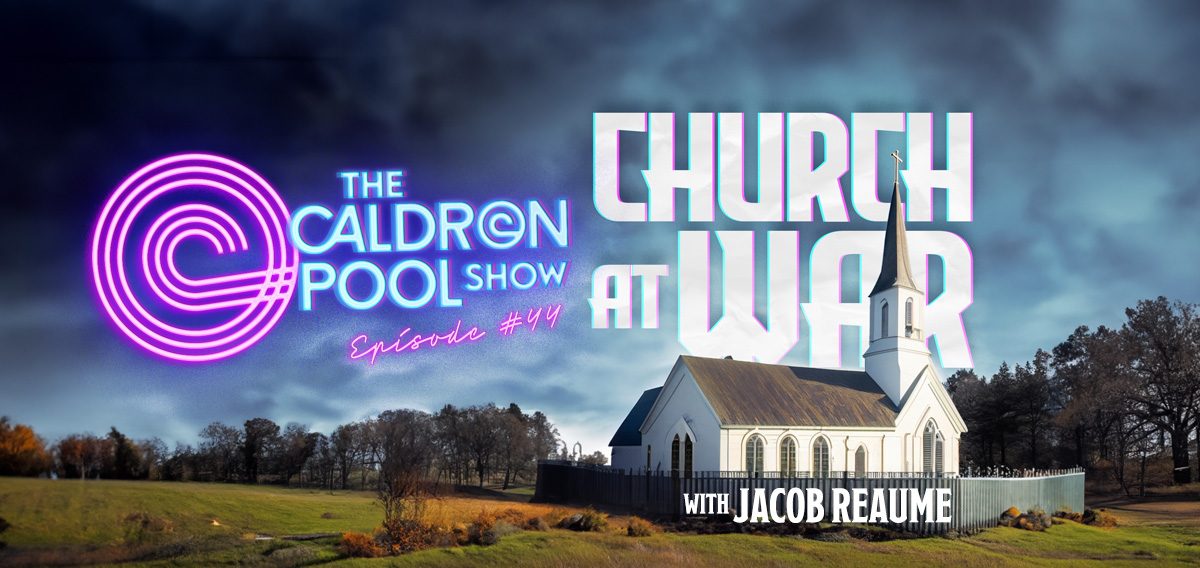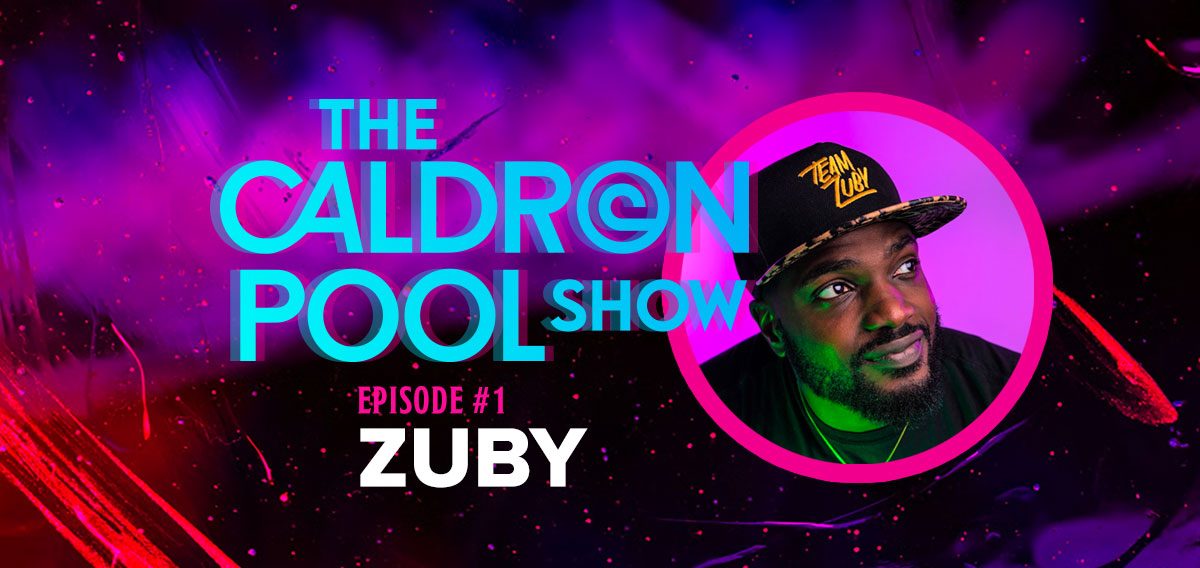Is moderation a virtue? So often when I ask people what their political ideology is, they’ll say something along the lines of right-leaning, centre-right, or fiscally conservative but socially inept. Okay, maybe a variation on that last one. Still, the more significant point remains that more and more individuals and political figures are self-describing as centrists.
There are a few reasons that this affinity for moderation is taking hold. Partially this could be because it makes some people feel like they’re smarter than others who cannot rise above partisanship to analyse issues on merit. Another may be that more and more people live in affluent increasingly small-l liberal city environments where many of the premises of right-wing politics and conservatism do not resonate. After all, political types tend to congregate in urban centres. But if you ask me what the leading cause is, then I’d point the finger at social pressure.
I’ll return to this last point in a moment, but before that, I want to address a question at the core of this discussion: is there inherent virtue in centrism? Undoubtedly, nuanced analysis of complicated issues is warranted, but that doesn’t mean there has to be room for nuance on every topic. Similarly recognising the merits of an argument on the “opposite side” of politics is an excellent muscle to know how to flex. But to acknowledge the value of the last two points is an argument for independent thinking and political intractability, not for political two-sidedness. Let’s face it: the list of inspirational centrists is not a long one. Oh, and who is your favourite great moderate from history? Nuance has its proper place, but moderation for the sake of moderation is morally vapid.
Back to the question at hand: It’s important to note that this newfound affection is not equally distributed. Left-wingers are generally comfortable describing themselves as progressives, social democrats, and lefties. By contrast, it is mostly right-wingers who regularly describe themselves as close to the centre. As I said earlier, I believe the main reason for this is social pressure. In a mainstream culture gripped by the hard left, right-wing politics carry with them a stigma of close-mindedness, outdatedness, and bigotry. The centre is where conservatives and right-wingers go to attempt to avoid exile.
Being true to one’s convictions can be hard if you risk revoked invitations to the dinner parties, think tank events, and political conferences you so love. Many also believe the centre is where you go to avoid the wrath of the far-left outrage brigade that lurks in the Twitter jungle waiting to pounce their unsuspecting prey. The right takes great pride in their criticisms of this mob as they simultaneously avoid angering it. This Goldilocks zone is just a few steps right of being on the left, and is a space where you can mock “PC-culture” and “triggered libs” but remain uncontroversial enough to keep your job. At least that’s what some believe (more on which soon).
In short, self-described moderation is a defensive position among right-wingers seeking to avoid excoriation. The modern right has a nasty habit of condemning or separating themselves from previously kosher conservative figures after a campaign of left-wing outrage is directed against them. Coordinated attacks such as these can leave a person’s reputation tarnished as they’re branded as a bigot, and those with something to lose don’t want to risk guilt by association. But however understandable the desire for this shield of moderation may be considering the circumstances, it is also profoundly ineffective.
Anyone who believes that the hard left Twitter-mob types will give them a pass as a “good conservative” is living in a dream world. Call yourself a moderate all you want, to them you’ll always be a despicable chauvinist. “But I support gay marriage, condemn bigotry, and I think that Trump is a big bad meanie!” Keep dreaming if you think this will get you any special consideration.
It’s easy to feel bad for right-wing politicians and public figures. Being slandered by a herd of vicious leftists regularly is understandably unpleasant. Far outside the comfort zone of the cowards curled up near the centre of the political spectrum, many of these figures earned their punishments by staying true to their convictions. However, ironically, much of the power of the woke horde is a product of the right. Foolishly, the premise that angry twitter goblins represent a significant chunk of the left-wing has been granted by the right. Because of this, a tiny minority of far-left ideologues can proclaim to speak for 50% of the population. Conservatives tried to slander the entire left as the far-left, and the far-left ran with the endorsement.
Counteracting this nefarious political phenomenon is simple in theory. For starters, right-wingers must hold their convictions and defend them vehemently. Doing this means dismissing entirely the screeching accusations of bigotry levelled against you for perfectly reasonable opinions. Since these are perfectly reasonable opinions, stop apologising for them. An apology is an endorsement of their accusations against you. And on the topic of apologies: calling yourself “centre-right” or “moderate” is the worst type of pre-emptive apology. What that communicates is “yes, I know it’s wrong to be on the right, and that’s why I’m so close to the left.” And lastly, pick and choose your ideas from whichever side of politics you find them. That said, don’t think for a second that aiming for the middle makes you smarter, morally better, or less of a target.
The cure is simple in theory, but it is a big and unappetizing pill.


